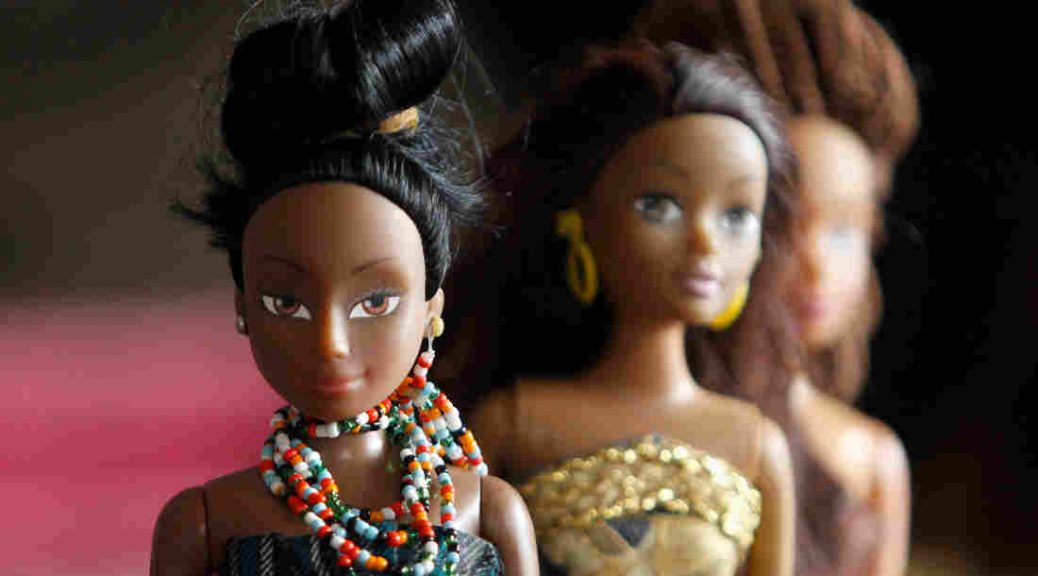
The Queens who stole Barbie’s crown
Taofick Okoya was shocked and saddened when his daughter told him that she wished she was white.
On reflection, he realised that perhaps this wasn’t so surprising. In Nigeria, as in many other countries, there is a huge amount of Western influence; an influence that impacts on all aspects of daily life. Furthermore, Okoya noticed that this influence wasn’t just affecting his daughter but seemed to be increasingly pervasive amongst many her friends and children across the country.
It was an insight that would change his future.
Having understood that this influence started to affect people from an early age, he decided he would launch a brand that would take on one of the West’s most famous, children’s cultural icons. He decided to launch a range of dolls, challenging the might of Mattel and challenging Barbie’s role as ‘queen’ of young girls’ hearts. Interviewed in Elle magazine he explained his thinking; ‘I don’t believe Mattel sees the Nigerian market as a priority, yet their product has great influence on the psyche of the children here and affirms certain values contrary to our society’
 He reasoned that ‘[the western influence] might have been responsible for her (my daughter) wishing she was white. It made me aware that I needed to make her proud and happy being a black African girl, and not limit it to her alone as this was a common trend among the younger generation. The Queens of Africa became a platform to achieve this.’
He reasoned that ‘[the western influence] might have been responsible for her (my daughter) wishing she was white. It made me aware that I needed to make her proud and happy being a black African girl, and not limit it to her alone as this was a common trend among the younger generation. The Queens of Africa became a platform to achieve this.’
So in 2007, Okoya, launched his Queens of Africa, a range of dolls that he felt Nigerian girls would better identify with as they reflected their skin colour and style. The dolls were modelled on three of the country’s biggest tribes come with traditional outfits and accessories. They cost around £4.50. Their aim is to promote strong feminine ideals, like love, peace and endurance.
 The dolls are now, according to Reuters, selling up to 9,000 units a month – a staggering 15 per cent of the country’s toy market – and is so successful that it is outselling Barbie in Nigeria. The Queens of Africa programme now includes books, dolls, comics, music and an animation series.
The dolls are now, according to Reuters, selling up to 9,000 units a month – a staggering 15 per cent of the country’s toy market – and is so successful that it is outselling Barbie in Nigeria. The Queens of Africa programme now includes books, dolls, comics, music and an animation series.
However, thanks to a strong online presence, customers are also coming from as far afield as Europe, Brazil and America.
Even with this proof of the international potential, Okoya hasn’t yet been able to secure a deal to sell the dolls in mainline stories in America. They are only available in a few specialist stores, but ever willing to fight for what he believes in, Okoya is determined to win them over; ‘I am looking to prove them wrong’ he says.
His daughter wasn’t interviewed but I expect she’s pretty proud of her Dad and her heritage now.